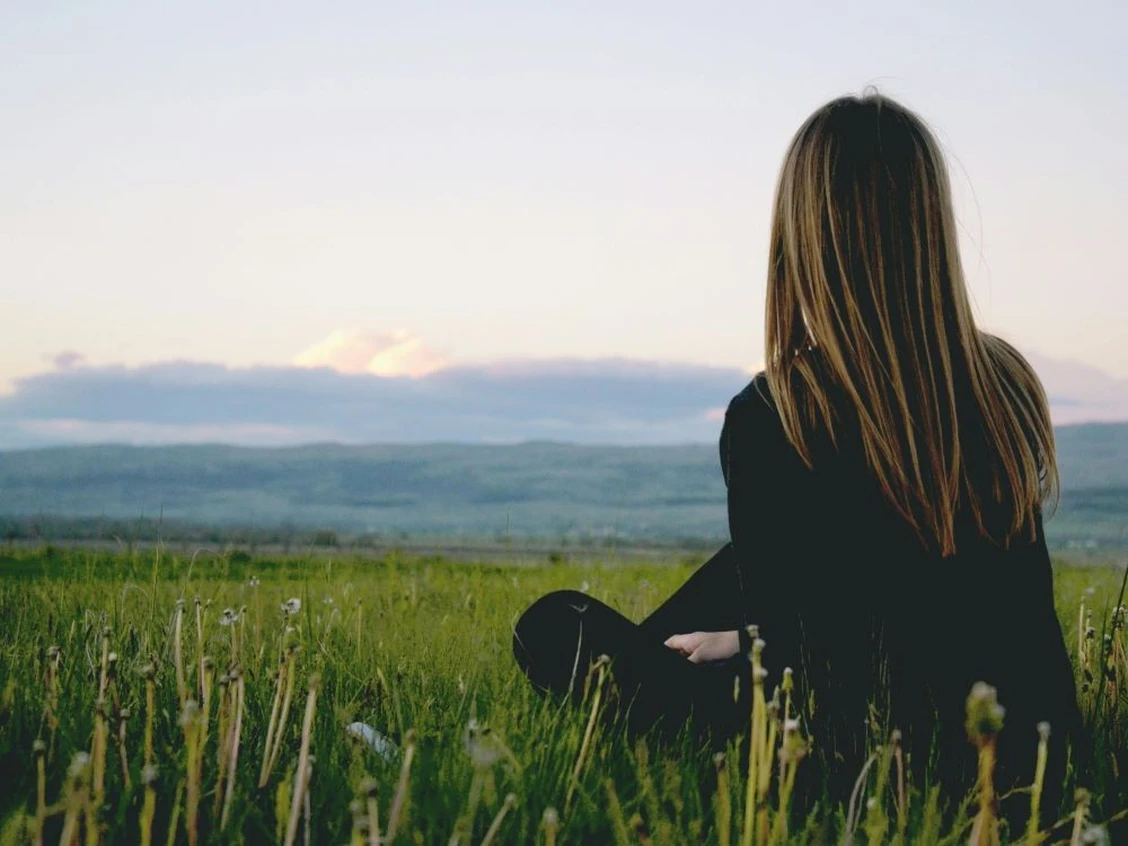For an individual to find what I call life balance, he must learn to manage stress; that particular S word plagues all of us from time to time, though for some, it is a daily presence by virtue of the challenges faced minute by minute, hour by hour as one copes with challenges of one sort or another.
The daily presence of stress is the companion of anyone parenting a child with ‘special’ needs. Family life can be extremely stress-charged, not only for the immediate caregivers but for those who live in the home as part of the family dynamic; brothers, sisters, even grandparents. In order to allay the impact of stress it is helpful for parents/caregivers to seek out or accept, when offered, any hand up that is available. Those hands up ensure that Mom and Dad can carry on and give them the strength to be the best that they can be, not only for their child who needs them minute by minute, hour by hour, but for other children who need their time and attention, and for those various daily responsibilities that require their attention – job outside the home, looking after all those things inside the home that are required to ensure that everything runs along smoothly, or at least as smoothly as possible in the circumstance.
Parenting a child with disability requires a high degree of harmony both inside and outside the home and caregivers often require space – to relax and regroup, so that they might press on for another hour, another day. Without space one may become closed, not readily allowing people to come close, even though during times of trouble we need people the most. Sometimes, we feel the need to protect ourselves because the pressure is simply too great.
What has to be recognized with all of this is that in order for us to become more balanced and to grow, it is important that we are fit, well rested and relaxed in both body and spirit. Being alone and being lonely are not synonymous and parents of children with health situations that preclude full participation must understand and accept that they, too, have been wounded. Their pain and suffering is real; the pain they feel for their children’s losses and that pain quietly borne because they didn’t get/have the child that they had expected or hoped for. A healthy, fit child with whom they could share so many of life’s experiences as they grew together.
With schools letting out soon and many parents already in planning stages of what to do with and for their challenged child during the weeks away from the classroom, it’s often helpful to put out the feelers in the community to let people know what needs you have and to reach out to those who might be able to steer you in the right direction.
In my group home experience, I found introducing the parents on the block to the children I cared for lent itself well to other children in the area getting to know them and seeing a learning exchange takes place as interactions and learning about each other grows and flourishes.
It’s easy for us who don’t ‘walk the walk’ to tell stressed parents what to do; a better and more sustainable approach is to listen. Listen to concerns they have, listen to questions about what’s ‘ out there’ that might help their family.
Community coming together in such out there’ that might help them better help their way also expands horizons for older children, those in junior high school, for example, who are thinking about what they want to do when they leave school. Some young people in high school balance a part time job with their daily classroom time. They’re learning management skills that will hold them in good stead when they take their place, full time in the mainstream.
Those early experiences with children who though like them in many ways are at the same time so different, is an opportune time for them to explore the possibility of a career in teaching, in medicine, in social work, in ministry. The list of opportunities is endless. Learning about balance and balancing in life is important and having opportunities to learn early in life makes moving forward so much easier. The building blocks available to children even before they are in ‘formal school’ allow them to pick and choose as they grow up and grow into themselves.
A few hits and misses along the way aren’t going to be so problematic if young people are used to problem solving.
I remember my own skills development, as a child, playing board games on the back porch of my family home. A huge table, with neighbours to the right of me, neighbours to the left, playing Stock Ticker or Monopoly. High stakes games where we learned to think ahead a few plays. Learning about money management as a child paved the way for me to know how to manage later in life, all grown up. Balance and balancing; needs v. wants. Saving for what would enhance my life v. spending in the moment to feed immediate gratification. I’ve done both and as I age with CP I find myself doing more balancing acts as my energy to ‘get it all done’ is limited. Life is, indeed, a lesson.
Carla MacInnis Rockwell is a freelance writer and disability rights advocate living outside Fredericton, NB with Miss Lexie, a rambunctious Maltese and Mr. Malcolm, a boisterous Havanese. She can be reached via email at: mailto:carmacrockwell@xplornet.ca

No comments:
Post a Comment